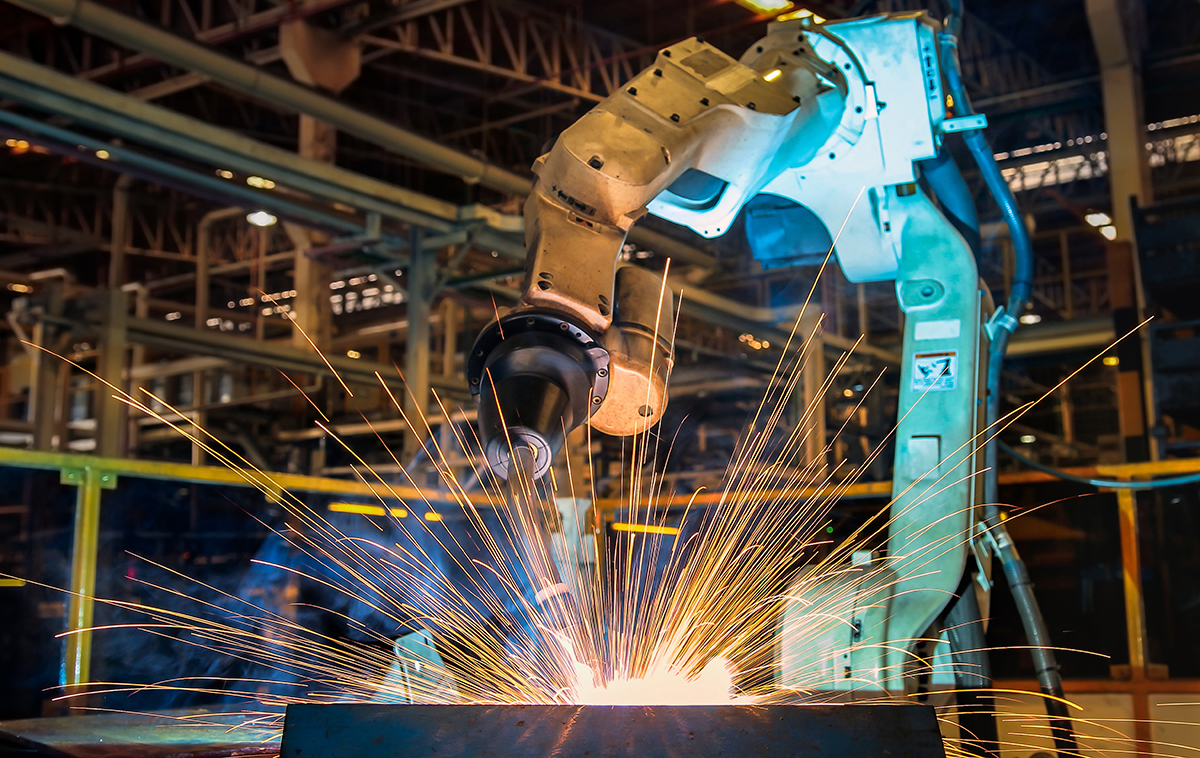Industrial machinery, the lifeblood of manufacturing industries, encompasses a diverse range of equipment used to automate and streamline production processes. From simple tools to complex automated systems, these machines play a pivotal role in shaping the world around us.
Core Categories of Industrial Machinery
- Metalworking Machinery:
- Lathes: Used to shape and machine metal parts by rotating them against a cutting tool.
- Milling Machines: Remove material from a workpiece using rotating cutters.
- Drilling Machines: Create holes in materials using rotating drills.
- Grinding Machines: Shape and finish metal surfaces using abrasive wheels.
- Material Handling Equipment:
- Conveyors: Transport materials and products within factories and warehouses.
- Cranes and Hoists: Lift and move heavy loads.
- Forklifts: Transport materials over short distances.
- Automated Guided Vehicles (AGVs): Self-guided vehicles that transport materials within a facility.
- Plastic Processing Machinery:
- Injection Molding Machines: Produce plastic parts by injecting molten plastic into a mold.
- Extrusion Machines: Produce continuous lengths of plastic products, such as pipes and sheets.
- Blow Molding Machines: Create hollow plastic products, such as bottles and containers.
- Textile Machinery:
- Spinning Machines: Convert raw fibers into yarn.
- Weaving Machines: Interlace yarn to create fabric.
- Knitting Machines: Create fabric by interlooping yarn.
- Woodworking Machinery:
- Saws: Cut wood into various shapes and sizes.
- Planers: Smooth and shape wood surfaces.
- Jointers: Join pieces of wood together.
Key Trends in Industrial Machinery
- Automation and Robotics:
- Industrial Robots: Automate repetitive tasks, improving efficiency and precision.
- Robotic Arms: Versatile machines capable of performing a wide range of tasks.
- Digitalization and IoT:
- Smart Factories: Integrating machines and systems to optimize production.
- Predictive Maintenance: Using data analytics to predict equipment failures and schedule maintenance.
- Additive Manufacturing:
- 3D Printing: Creating complex parts directly from digital designs.
- Sustainability:
- Energy-Efficient Machinery: Reducing energy consumption and minimizing environmental impact.
- Sustainable Materials: Using eco-friendly materials in manufacturing processes.
The Future of Industrial Machinery
As technology continues to advance, industrial machinery is evolving rapidly. Emerging trends such as artificial intelligence, machine learning, and virtual reality are poised to revolutionize manufacturing processes. By embracing these innovations, manufacturers can improve productivity, reduce costs, and create more sustainable products.
Would you like to delve deeper into a specific category of industrial machinery, such as metalworking, robotics, or additive manufacturing?
